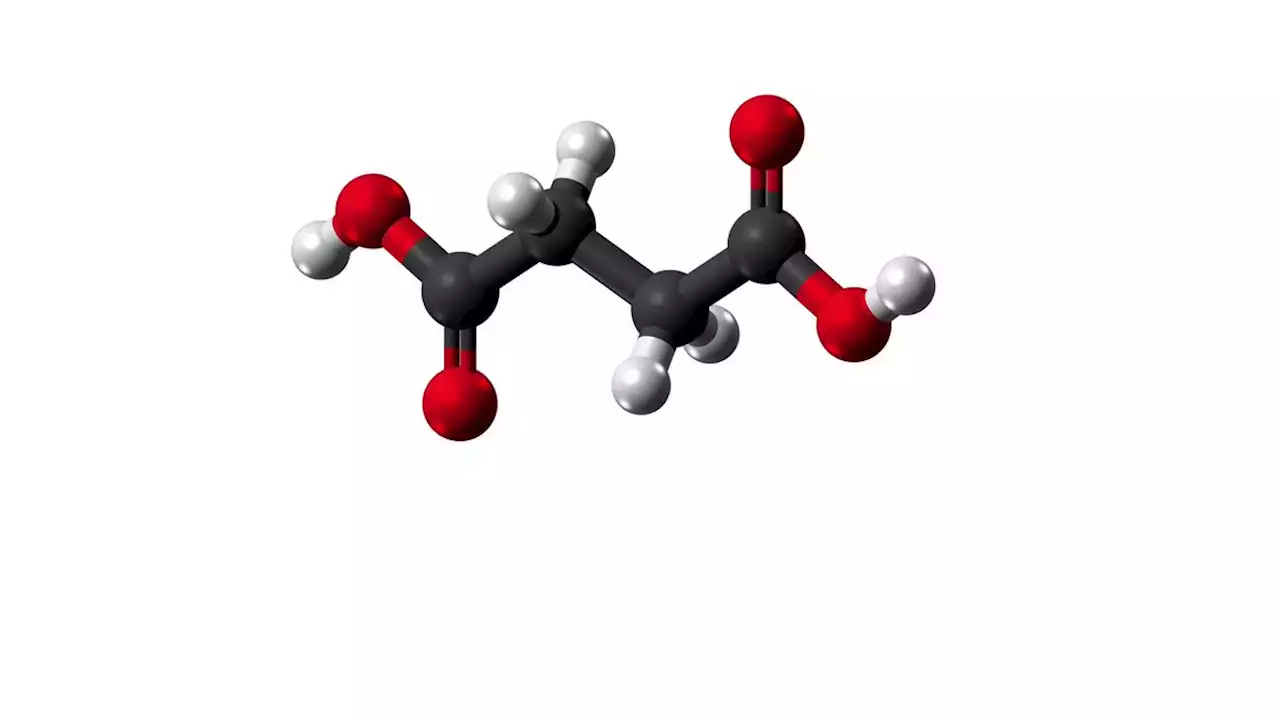Sensitivity of SARS-CoV-2 Omicron BA.2.75 to neutralization by monoclonal antibodies and sera TheLancetInfDis ETH SARSCoV2 Omicron COVID19 coronavirus covid antibodies antibody
By Pooja Toshniwal PahariaSep 5 2022Reviewed by Danielle Ellis, B.Sc. In a recent study published in The Lancet Infectious Diseases, researchers assessed the sensitivity of the severe acute respiratory syndrome coronavirus 2 Omicron subvariant BA.2.75 spike protein to neutralization by monoclonal antibodies and sera obtained from Swedish individuals.
About the study In the present study, researchers assessed Omicron BA.2.75 neutralization by mAbs and sera obtained from Swedish individuals. The contribution of Omicron BA.1 and BA.2 infections, and booster vaccinations, with coverage in Stockholm expanding among adults between November 8 and 14, 2021, and between April 11 and 17, 2022, was evaluated. The concordance of the relative sensitivity of BA.2.75 to sera obtained from the study cohort with those observed among individuals who were administered CoronaVac vaccinations with and without breakthrough infections by Omicron BA.1 or BA.2 subvariants was assessed.
BA.2.75 neutralization was observed with the least geometric mean ID50 titers for all the SARS-CoV-2 variants assessed by sera obtained pre-Omicron BA.1 and Omicron BA.2 waves with BA.2.75 neutralization titers lower by eight-fold compared with those for the ancestral D614G strain. For sera obtained pre-BA.1 and BA.2 waves, the BA.2.75 neutralization titers were significantly lesser than those observed for BA.2 neutralization and comparable to those for BA.5. neutralization.
South Africa Latest News, South Africa Headlines
Similar News:You can also read news stories similar to this one that we have collected from other news sources.
 Antiviral activity of favipiravir against Zika and SARS-CoV-2 in cynomolgus macaquesAntiviral activity of favipiravir against Zika and SARS-CoV-2 in cynomolgus macaques Efficacy SARSCoV2 Coronavirus Disease COVID NatureComms
Antiviral activity of favipiravir against Zika and SARS-CoV-2 in cynomolgus macaquesAntiviral activity of favipiravir against Zika and SARS-CoV-2 in cynomolgus macaques Efficacy SARSCoV2 Coronavirus Disease COVID NatureComms
Read more »
 Antiviral activity of favipiravir against Zika and SARS-CoV-2 in cynomolgus macaquesAntiviral activity of favipiravir against Zika and SARS-CoV-2 in cynomolgus macaques Efficacy SARSCoV2 Coronavirus Disease COVID NatureComms
Antiviral activity of favipiravir against Zika and SARS-CoV-2 in cynomolgus macaquesAntiviral activity of favipiravir against Zika and SARS-CoV-2 in cynomolgus macaques Efficacy SARSCoV2 Coronavirus Disease COVID NatureComms
Read more »
 Orally administered Odoribacter laneus improves glucose control and inflammatory profile in obese mice by depleting circulating succinate - MicrobiomeBackground Succinate is produced by both human cells and by gut bacteria and couples metabolism to inflammation as an extracellular signaling transducer. Circulating succinate is elevated in patients with obesity and type 2 diabetes and is linked to numerous complications, yet no studies have specifically addressed the contribution of gut microbiota to systemic succinate or explored the consequences of reducing intestinal succinate levels in this setting. Results Using germ-free and microbiota-depleted mouse models, we show that the gut microbiota is a significant source of circulating succinate, which is elevated in obesity. We also show in vivo that therapeutic treatments with selected bacteria diminish the levels of circulating succinate in obese mice. Specifically, we demonstrate that Odoribacter laneus is a promising probiotic based on its ability to deplete succinate and improve glucose tolerance and the inflammatory profile in two independent models of obesity (db/db mice and diet-induced obese mice). Mechanistically, this is partly mediated by the succinate receptor 1. Supporting these preclinical findings, we demonstrate an inverse correlation between plasma and fecal levels of succinate in a cohort of patients with severe obesity. We also show that plasma succinate, which is associated with several components of metabolic syndrome including waist circumference, triglycerides, and uric acid, among others, is a primary determinant of insulin sensitivity evaluated by the euglycemic-hyperinsulinemic clamp. Conclusions Overall, our work uncovers O. laneus as a promising next-generation probiotic to deplete succinate and improve glucose tolerance and obesity-related inflammation. Video Abstract
Orally administered Odoribacter laneus improves glucose control and inflammatory profile in obese mice by depleting circulating succinate - MicrobiomeBackground Succinate is produced by both human cells and by gut bacteria and couples metabolism to inflammation as an extracellular signaling transducer. Circulating succinate is elevated in patients with obesity and type 2 diabetes and is linked to numerous complications, yet no studies have specifically addressed the contribution of gut microbiota to systemic succinate or explored the consequences of reducing intestinal succinate levels in this setting. Results Using germ-free and microbiota-depleted mouse models, we show that the gut microbiota is a significant source of circulating succinate, which is elevated in obesity. We also show in vivo that therapeutic treatments with selected bacteria diminish the levels of circulating succinate in obese mice. Specifically, we demonstrate that Odoribacter laneus is a promising probiotic based on its ability to deplete succinate and improve glucose tolerance and the inflammatory profile in two independent models of obesity (db/db mice and diet-induced obese mice). Mechanistically, this is partly mediated by the succinate receptor 1. Supporting these preclinical findings, we demonstrate an inverse correlation between plasma and fecal levels of succinate in a cohort of patients with severe obesity. We also show that plasma succinate, which is associated with several components of metabolic syndrome including waist circumference, triglycerides, and uric acid, among others, is a primary determinant of insulin sensitivity evaluated by the euglycemic-hyperinsulinemic clamp. Conclusions Overall, our work uncovers O. laneus as a promising next-generation probiotic to deplete succinate and improve glucose tolerance and obesity-related inflammation. Video Abstract
Read more »
 Sensitivity of SARS-CoV-2 Omicron BA.2.75 to neutralization by monoclonal antibodies and seraSensitivity of SARS-CoV-2 Omicron BA.2.75 to neutralization by monoclonal antibodies and sera TheLancetInfDis ETH SARSCoV2 Omicron COVID19 coronavirus covid antibodies antibody
Sensitivity of SARS-CoV-2 Omicron BA.2.75 to neutralization by monoclonal antibodies and seraSensitivity of SARS-CoV-2 Omicron BA.2.75 to neutralization by monoclonal antibodies and sera TheLancetInfDis ETH SARSCoV2 Omicron COVID19 coronavirus covid antibodies antibody
Read more »
